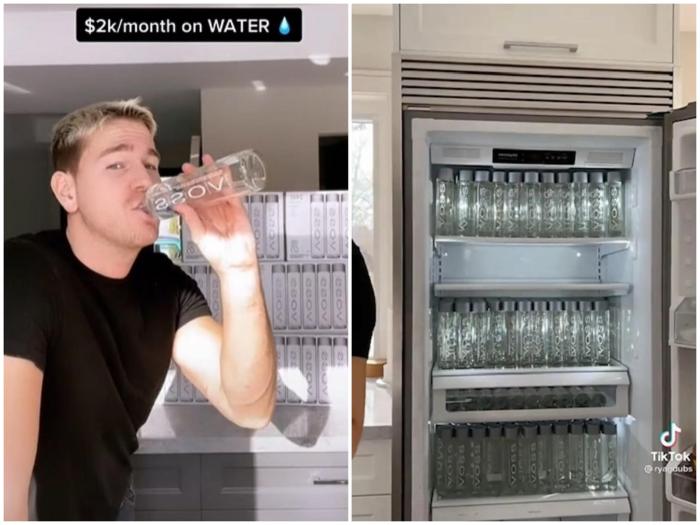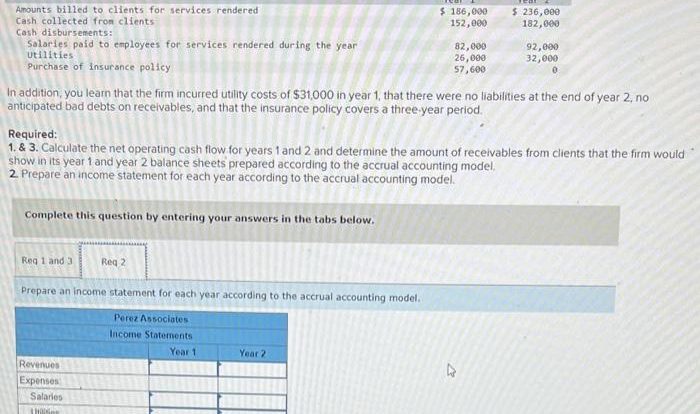If tara spends 219 a month – If Tara spends $219 a month, she could be setting herself up for financial success or failure. This comprehensive guide will delve into Tara’s spending habits, budgeting strategies, and financial goals to help her make informed decisions about her money and achieve her financial aspirations.
Tara’s journey to financial empowerment begins with understanding her monthly expenses and how they impact her financial situation. By creating a detailed budget, Tara can gain control over her spending and identify areas where she can save money.
Monthly Expenses

Tara’s monthly expenses can be categorized into several areas, including housing, transportation, food, utilities, and entertainment. Understanding her spending habits in each category is crucial for assessing her financial situation.
Housing
Tara’s housing expenses, which include rent or mortgage payments, property taxes, and homeowners insurance, constitute a significant portion of her monthly budget. High housing costs can strain her financial resources, leaving less money available for other essential expenses.
Transportation
Tara’s transportation expenses encompass car payments, insurance, gas, and public transportation costs. If she relies heavily on her car, these expenses can be substantial and impact her ability to save or invest.
Food
Tara’s food expenses include groceries, dining out, and meal delivery services. Eating out frequently or purchasing expensive groceries can add up over time, affecting her overall financial well-being.
Utilities
Tara’s utility expenses cover electricity, gas, water, and trash removal. While these costs may seem relatively small, they can accumulate and become a financial burden if not managed carefully.
Entertainment
Tara’s entertainment expenses include subscriptions to streaming services, movie tickets, and concert tickets. While these activities provide relaxation and enjoyment, excessive spending on entertainment can hinder her financial progress.
Budgeting and Savings
Tara’s financial well-being depends on her ability to manage her expenses effectively and save for the future. Here’s a comprehensive budget and saving strategies to help her achieve her financial goals.
Budgeting
Tara should allocate her income to essential expenses, savings, and discretionary spending. A detailed budget should include:
- Fixed expenses (rent, utilities, loan payments)
- Variable expenses (groceries, transportation, entertainment)
- Savings (emergency fund, retirement, investments)
- Discretionary spending (personal care, dining out)
Saving Strategies
Tara can accumulate wealth through various saving strategies:
- Automatic Savings:Setting up automatic transfers from her checking to a savings account.
- Emergency Fund:Saving a certain amount each month for unexpected expenses.
- Retirement Savings:Contributing to a 401(k) or IRA to secure her financial future.
- Investing:Diversifying her savings by investing in stocks, bonds, or mutual funds.
Financial Goals

Tara’s financial goals are crucial in guiding her spending and saving habits. Understanding her short-term and long-term aspirations will help her make informed financial decisions.
Short-Term Goals
- Build an emergency fund: Tara aims to save a portion of her income each month to cover unexpected expenses.
- Reduce credit card debt: She plans to pay off her credit card balances in full and on time to avoid interest charges and improve her credit score.
- Save for a down payment on a car: Tara wants to purchase a reliable vehicle within the next year and is setting aside money for a down payment.
Long-Term Goals
- Retirement savings: Tara recognizes the importance of saving for retirement early on and plans to contribute to her 401(k) and IRA accounts.
- Homeownership: She aspires to own a home in the future and is researching different mortgage options and saving for a down payment.
- Financial independence: Tara’s ultimate goal is to achieve financial independence, where she has sufficient passive income to cover her expenses.
Tara’s current spending patterns align somewhat with her financial goals. She is making progress towards building an emergency fund and reducing her credit card debt. However, her monthly expenses are relatively high, which may hinder her ability to save for long-term goals like retirement and homeownership.
Debt Management

Tara’s debt obligations consist of a personal loan and a credit card balance. The personal loan has an interest rate of 10% and a monthly payment of $150. The credit card balance has an interest rate of 18% and a minimum monthly payment of $50.
To reduce her debt burden and improve her credit score, Tara can implement the following strategies:
Debt Repayment Methods
- Debt Avalanche Method:Focus on paying off the debt with the highest interest rate first, while making minimum payments on the other debts.
- Debt Snowball Method:Pay off the smallest debt first, regardless of interest rate, then move on to the next smallest debt.
Tara can choose the method that best suits her financial situation and repayment goals.
Improving Credit Score
- Make timely payments:Payment history is a significant factor in credit scoring. Avoid late or missed payments.
- Reduce credit utilization:Keep the amount of credit used relative to the total credit available below 30%.
- Limit new credit inquiries:Hard inquiries for new credit can lower credit scores.
By implementing these strategies, Tara can effectively manage her debt and improve her credit score over time.
Investment Options: If Tara Spends 219 A Month

Tara’s financial goals and risk tolerance should guide her investment decisions. She can choose from a range of options, including stocks, bonds, mutual funds, and exchange-traded funds (ETFs).Diversification is key to maximizing returns while minimizing risk. Tara should spread her investments across different asset classes and within each class.
This helps reduce the impact of any single investment performing poorly.
Stocks
Stocks represent ownership in a company and offer the potential for high returns over the long term. However, they also carry higher risk than other investments.
Bonds
Bonds are loans made to companies or governments. They offer lower returns than stocks but are generally considered less risky.
Mutual Funds, If tara spends 219 a month
Mutual funds are professionally managed portfolios that invest in a variety of stocks or bonds. They offer diversification and convenience.
If Tara spends 219 a month on various expenses, she’s not alone. According to ekg life in the fast lane , many people find themselves in a similar situation. The article discusses the challenges of living in a fast-paced society and offers tips on how to manage finances effectively.
If Tara spends 219 a month, she may find some helpful advice in this article.
ETFs
ETFs are similar to mutual funds but trade on stock exchanges like stocks. They offer low costs and flexibility.
Financial Planning

Creating a comprehensive financial plan is crucial for Tara to achieve her financial objectives and maintain financial stability. This plan should Artikel her financial goals, strategies to achieve them, and a timeline for implementation.
Regular Financial Check-ups
Regular financial check-ups are essential to ensure Tara stays on track with her financial plan. These check-ups involve reviewing her income, expenses, investments, and debt to identify any areas that need adjustment. By conducting regular check-ups, Tara can make timely changes to her plan, ensuring it remains aligned with her evolving financial needs and goals.
Question & Answer Hub
How much should Tara save each month?
Tara should aim to save at least 10% of her income each month. This will help her build an emergency fund and reach her long-term financial goals.
What are some tips for reducing debt?
Tara can reduce her debt by making extra payments, consolidating her debts, or negotiating with her creditors. She should also focus on paying off high-interest debts first.
